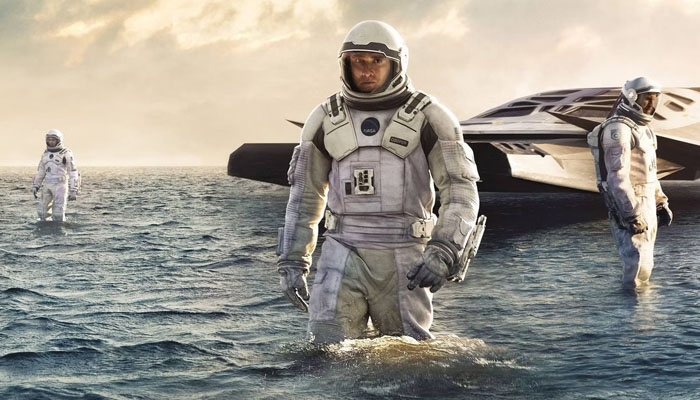Is time travel really possible? Are we actually doing it right now?
Time travel has always fascinated humans but it is probably possible that we are travelling through it now
Is it possible to travel through time? The short answer is that you are, and you are doing it now as you speed into the future at an amazing pace of one second per second.
Whether you're wishing you had more time to spend with a friend who lives far away or watching paint dry, you're pretty much always travelling through time at the same pace, according to Space.
However, this isn't the kind of time travel that has inspired a vast genre of science fiction — more than 400 films are listed under the "Movies about Time Travel" category on Wikipedia — or enthralled many science fiction writers.
Characters hop into a crazy vehicle to shoot into the past or spin into the future in popular television series including "Doctor Who," "Star Trek," and "Back to the Future." When time travel stories combine the concepts of parallel universes and multiple timelines, it leaves the characters wondering what would happen if they altered the past or present based on information from the future.
The idea of altering history or seeing the future before it's due intrigues a lot of people, but no one has ever shown how to travel back and forth in time like in science fiction, nor has anyone suggested a way to send someone through significant epochs without destroying them in the process.
However, science does justify some degree of time-bending. For instance, time is said to be an illusion that moves in relation to an observer as per the theory of special relativity. When an observer travels close to the speed of light, they will perceive time and all of its consequences—such as ageing and boredom—much more slowly than when they are at rest.
For this reason, compared to his identical brother who remained on Earth, astronaut Scott Kelly aged ever so little less during the course of a year in space.
Each piece of time-travel fiction crafts its own interpretation of space-time, ignoring one or more scientific conundrums and contradictions in order to fulfil the narrative needs.
Some, like Christopher Nolan's 2014 film "Interstellar," give homage to science and science fiction. In the film, Matthew McConaughey plays a guy who spends a few hours on a planet orbiting a supermassive black hole. However, due to time dilation, those hours appear to watchers on Earth as a matter of decades.
-
Shanghai Fusion ‘Artificial Sun’ achieves groundbreaking results with plasma control record
-
Polar vortex ‘exceptional’ disruption: Rare shift signals extreme February winter
-
Netherlands repatriates 3500-year-old Egyptian sculpture looted during Arab Spring
-
Archaeologists recreate 3,500-year-old Egyptian perfumes for modern museums
-
Smartphones in orbit? NASA’s Crew-12 and Artemis II missions to use latest mobile tech
-
Rare deep-sea discovery: ‘School bus-size’ phantom jellyfish spotted in Argentina
-
NASA eyes March moon mission launch following test run setbacks
-
February offers 8 must-see sky events including rare eclipse and planet parade












